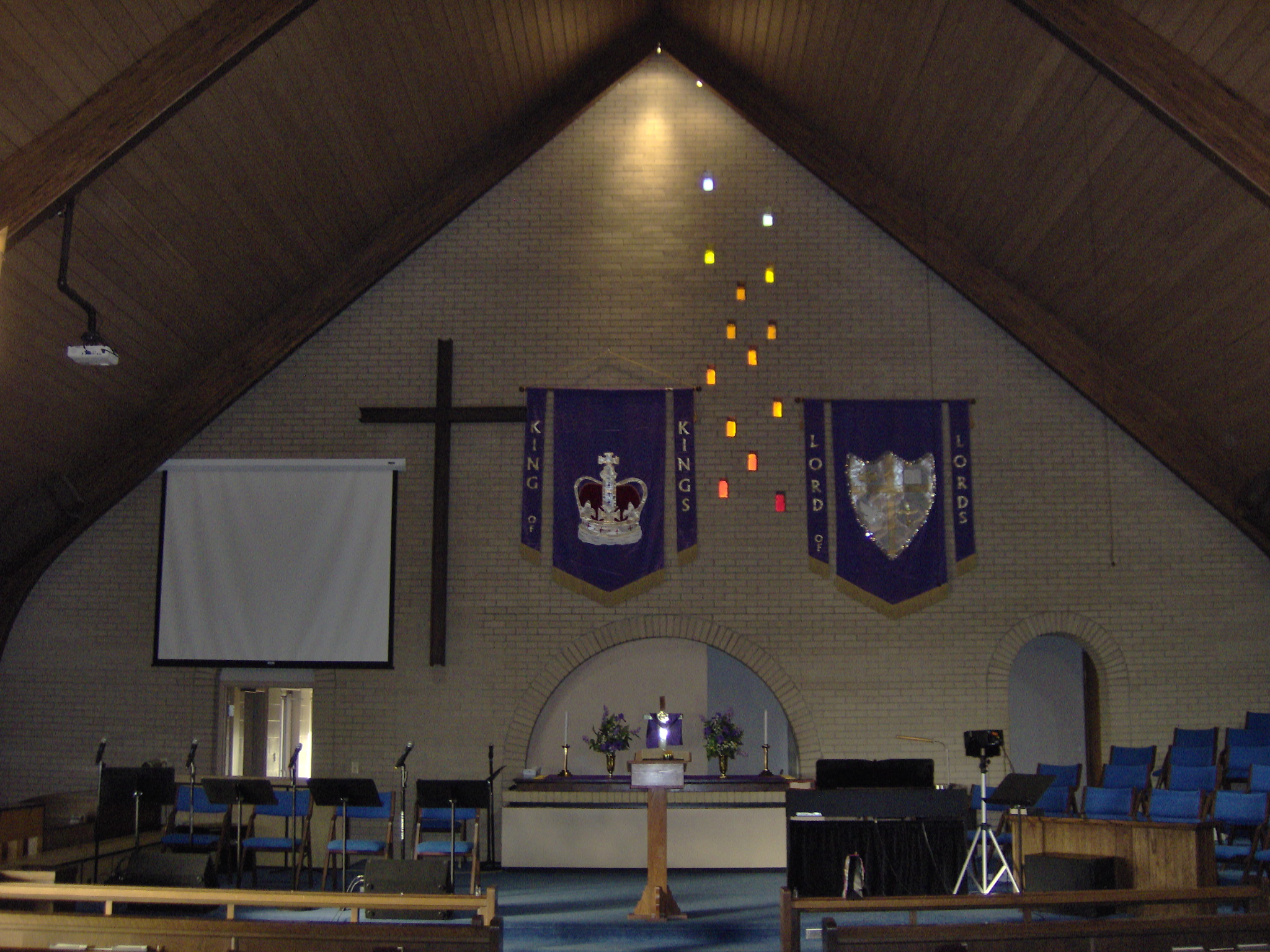Following God when those closest to you follow the world (the crowd)
Numbers 12:1-16
Last week at Two Mile Park, I shared briefly about us being sensitive to understanding civilization. I shared that people are people meaning that what we now recognize as being human has several faults and pitfalls. As we are brought up in a fallen world, many of us carry things; opinions, thoughts, beliefs, that have been influenced by the culture we grew up in. In our story we find one of the greatest biblical characters in the history of the world, Moses. But let us pause and look at his bio:
- Born at a time where most Israelite male children were being killed by the acting king in Egypt.
- Protected by his mother and Egyptian midwives that did not agree with the genocidal or xenophobic tendencies of the acting leadership, was placed amongst the reeds in a floating basket (an ark), conveniently located where Egyptian royalty bathed.
- Found by the daughter of the Pharaoh, was brough before her father and asked to raise the child. It was agreed, as the Pharaoh at the time had no son to be heir, leading him to be a prince of Egypt. (Notice, his race is never questioned. Why? They had been intermarrying for years all the way back to Joseph of the coat of many colors fame)
- He kills an Egyptian taskmaster and flees to Midian after Pharaoh tries to kill him.
- While in Midian, he marries Zipporah, the daughter of Reuel, also known as Jethro or Hobab (remember, names in Hebrew have meanings), and had son named Gershom. Reuel, Jethro and Hobab all mean in Hebrew “he who abandoned idolatry”.
- Pharaoh dies and Moses meets ADONAI in the burning bush some 40 years later. (By the way, Moses should be the rightful heir to the Egyptian throne…chances are, Moses knows the new Pharaoh very well, they grew up in the same household!
- Now the conversations about “let my people go” have a deeper meaning than you originally understood. (Two princes of Egypt now fighting over leading a nation of people). (All references are the first 5 chapters of Exodus)
Now we get to today’s Scriptures of the “grumbling” people!
- Setting up to today’s passage. Numbers 11:24-30 (Who is Joshua attached to?)
- Numbers 12:1-16 (Aaron and Miriam upset with Moses over his marriage to an Ethiopian “black” woman, so they now ought to lead instead)
- 12:3- Moses was said to be humble (meek in the KJV), but here is the actual word used, aw-nawv’ – The second form is by intermixture with H6041; from H6031; depressed[1]
- Because of Mariam and Aaron’s rotten position with Moses, something rotten happens to them both. Mariam gets tza’arat (alopecia), lesions that turn white as snow. Why not Aaron, well he could have but then he himself would have been unclean and as the High Priest, there was no one who could then deem him clean. (Mariam denounced a black person and she is turned white?)
- Getting into the Promised Land (Only Caleb and Joshua are on board) (Chapter 13)
- Grumblers will not enter the Promised Land (Notice Aaron’s change of perspective) (Chapter 14)
- Have people really changed from the time of Moses?
Matthew 5:1-12 TLV Now when Yeshua saw the crowds, He went up on the mountain. And after He sat down, His disciples came to Him. (2) And He opened His mouth and began to teach them, saying, (3) “Blessed are the poor in spirit, for theirs is the kingdom of heaven. (4) “Blessed are those who mourn, for they shall be comforted. (5) “Blessed are the meek, for they shall inherit the earth. (6) “Blessed are those who hunger and thirst for righteousness, for they shall be satisfied. (7) “Blessed are the merciful, for they shall be shown mercy. (8) “Blessed are the pure in heart, for they shall see God. (9) “Blessed are the peacemakers, for they shall be called sons of God. (10) “Blessed are those who have been persecuted for the sake of righteousness, for theirs is the kingdom of heaven. (11) “Blessed are you when people revile you and persecute you and say all kinds of evil against you falsely, on account of Me. (12) Rejoice and be glad, for your reward in heaven is great! For in the same way they persecuted the prophets who were before you.”
[1] Strong’s Exhaustive Concordance, H6035
